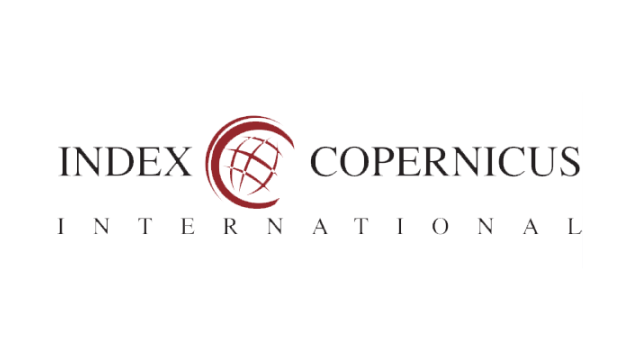The Effects of Learning Strategies and Learning Styles on Learning Outcomes of Basic Physics
DOI:
https://doi.org/10.61841/ff9znb26Keywords:
Learning Strategies,, Learning Style, Learning OutcomesAbstract
This study aims to determine the effect of learning strategies and learning styles on learning outcomes of Basic Physics from Physics Department Students at FKIP Halu Oleo University, while the learning strategies provided in the experimental class are inquiry learning strategies. This research was conducted on students majoring in physics at the faculty of education and education at Halu Oleo University which lasted eight meetings. In this study the data were obtained by giving a test of learning outcomes to 94 students. The research method used was a quasi-experimental method with a 2x2 design. Data were analyzed using two-way ANOVA. The results showed that there were differences in student learning outcomes between those learned using inquiry learning strategies and those learned using direct learning, the average Basic Physics learning outcomes learned with inquiry learning strategies were higher compared to the average learning outcomes of Basic Physics students who were learned with use direct learning strategies, learning styles affect student learning outcomes Basic Physics; there is an interaction between learning strategies, learning styles and learning outcomes in Basic Physics
Downloads
References
1. Bruce, J., & Weil, M. (1978). Social Model Of Teaching: Expanding Your Teaching Repertaire. New Jersey: Prentice-Hall, Inc Englewood Cliffs.
2. Kilbane, C. R., & Milman, N. B. (2010). Using Literature Circles to Provide Support for Online Discussions. Distance Learning.
3. Killen, M. (2007). Children’s social and moral reasoning about exclusion. Current Directions in Psychological Science. https://doi.org/10.1111/j.1467-8721.2007.00470.x
4. Lahadisi. (2014). Inkuiri : Sebuah Strategi Menuju pembelajaran bermakna. Jurnal Al-Ta’dib.
5. Lambe, P. (2007). Organising Knowledge: Taxonomies, Knowledge and Organisational Effectiveness. Organising Knowledge: Taxonomies, Knowledge and Organisational Effectiveness. https://doi.org/10.1533/9781780632001
6. Liu, S., Xu, X., & Stronge, J. (2018). The influences of teachers’ perceptions of using student achievement data in evaluation and their self-efficacy on job satisfaction: evidence from China. Asia Pacific Education Review. https://doi.org/10.1007/s12564-018-9552-7
7. Pashler, H., McDaniel, M., Rohrer, D., & Bjork, R. (2009). Learning styles concepts and evidence. Psychological Science in the Public Interest, Supplement. https://doi.org/10.1111/j.1539- 6053.2009.01038.x
8. Reigeluth, C. M., & Carr-Chellman, A. A. (2009). Instructional-design theories and models. Instructional-Design Theories and Models. https://doi.org/10.4324/9780203872130
9. Rustaman, N. Y. (2005). Perkembangan Penelitian Pembelajaran Berbasis Inkuiri dalam Pendidikan Sains. Seminar Nasional II Himpunan Ikatan Sarjana Dan Pemerhati IPA Indonesia.
10. Santrock, J. W. (2011). Educational Psychology 5th Edition. Educational Psychology. https://doi.org/10.1017/CBO9781107415324.004
11. Slavin, S. J. (2016). Medical Student Mental Health. JAMA. https://doi.org/10.1001/jama.2016.16396
Downloads
Published
Issue
Section
License

This work is licensed under a Creative Commons Attribution 4.0 International License.
You are free to:
- Share — copy and redistribute the material in any medium or format for any purpose, even commercially.
- Adapt — remix, transform, and build upon the material for any purpose, even commercially.
- The licensor cannot revoke these freedoms as long as you follow the license terms.
Under the following terms:
- Attribution — You must give appropriate credit , provide a link to the license, and indicate if changes were made . You may do so in any reasonable manner, but not in any way that suggests the licensor endorses you or your use.
- No additional restrictions — You may not apply legal terms or technological measures that legally restrict others from doing anything the license permits.
Notices:
You do not have to comply with the license for elements of the material in the public domain or where your use is permitted by an applicable exception or limitation .
No warranties are given. The license may not give you all of the permissions necessary for your intended use. For example, other rights such as publicity, privacy, or moral rights may limit how you use the material.









